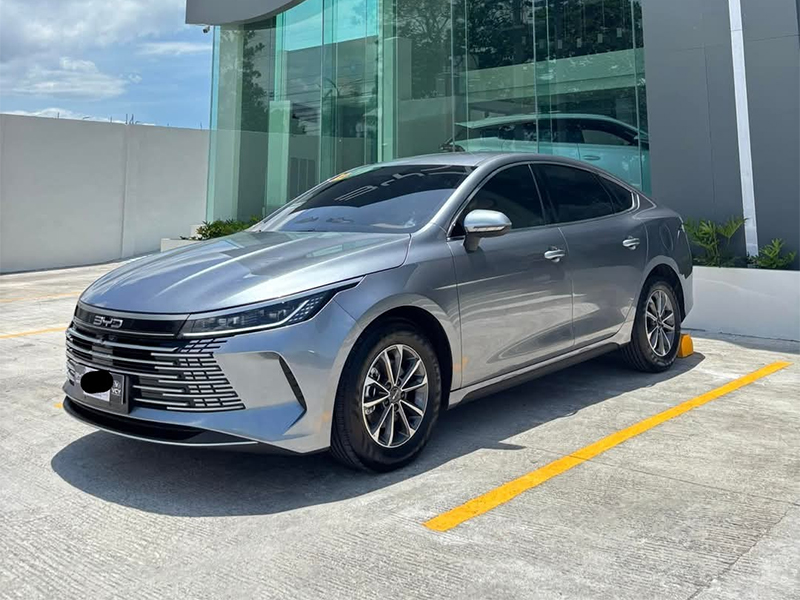BYD, one of the world’s leading electric vehicle manufacturers, has been developing solid-state battery technology for over a decade. Last year, the company made significant strides by testing early prototype cells with capacities of 20 Ah and 60 Ah, marking a step toward real-world application.
According to recent reports circulating in Chinese media, BYD has allegedly begun testing solid-state batteries in its popular Seal electric sedan. These reports suggest the company showcased early development progress during a recent battery technology summit, where the Seal was spotted with what appeared to be experimental solid-state battery packs installed.
Despite the buzz, BYD issued a clarification denying that any official announcement had been made regarding the test vehicle or production model details. The company reiterated that while solid-state batteries are part of its long-term roadmap, specifics such as model integration and performance metrics are not yet finalized.
Still, BYD has openly discussed plans to begin integrating solid-state batteries into select production models by 2027, with limited volume expected initially. Between 2027 and 2029, rollout is expected to remain modest as the company scales up manufacturing. Mass production is targeted for 2030, by which time BYD aims to bring down solid-state battery costs to parity with current liquid lithium-ion packs.
Some of the claims in recent reports suggest these next-gen batteries may offer energy densities of up to 400 Wh/kg, nearly double that of current mainstream EV batteries. Under ideal lab conditions, they’re said to be capable of ultra-fast charging and significantly extended driving ranges—possibly surpassing 800 miles on a single charge under optimistic test cycles. However, such figures are speculative and remain unverified by the company.
Currently, the Seal EV is priced affordably in China, starting around $25,000. If BYD successfully integrates this new battery tech into its cost-effective lineup, it could dramatically shift the global EV landscape by offering long-range vehicles at prices far below most competitors.
While BYD continues to expand its presence in Europe, Asia, and South America, it also faces competition from other major automakers such as Nissan, Volkswagen, and Mercedes-Benz—many of which are aiming to release their own solid-state battery EVs around 2027–2028. Several of these companies have already made public commitments to deploying the new technology within the next few years.
Even as it invests in advanced battery formats, BYD is expected to continue offering lithium iron phosphate (LFP) battery options as a more affordable alternative. With this multi-tiered strategy, BYD is positioning itself to serve both the high-tech and value-focused segments of the global EV market.

Leave a Reply